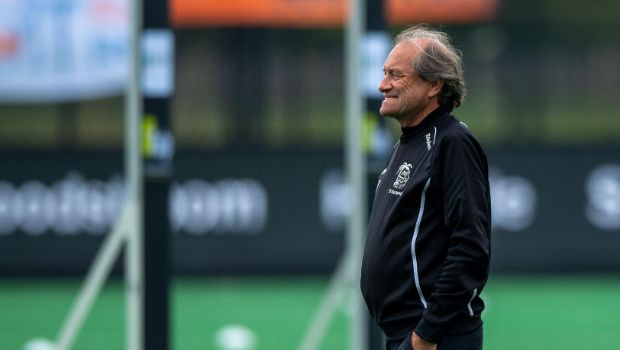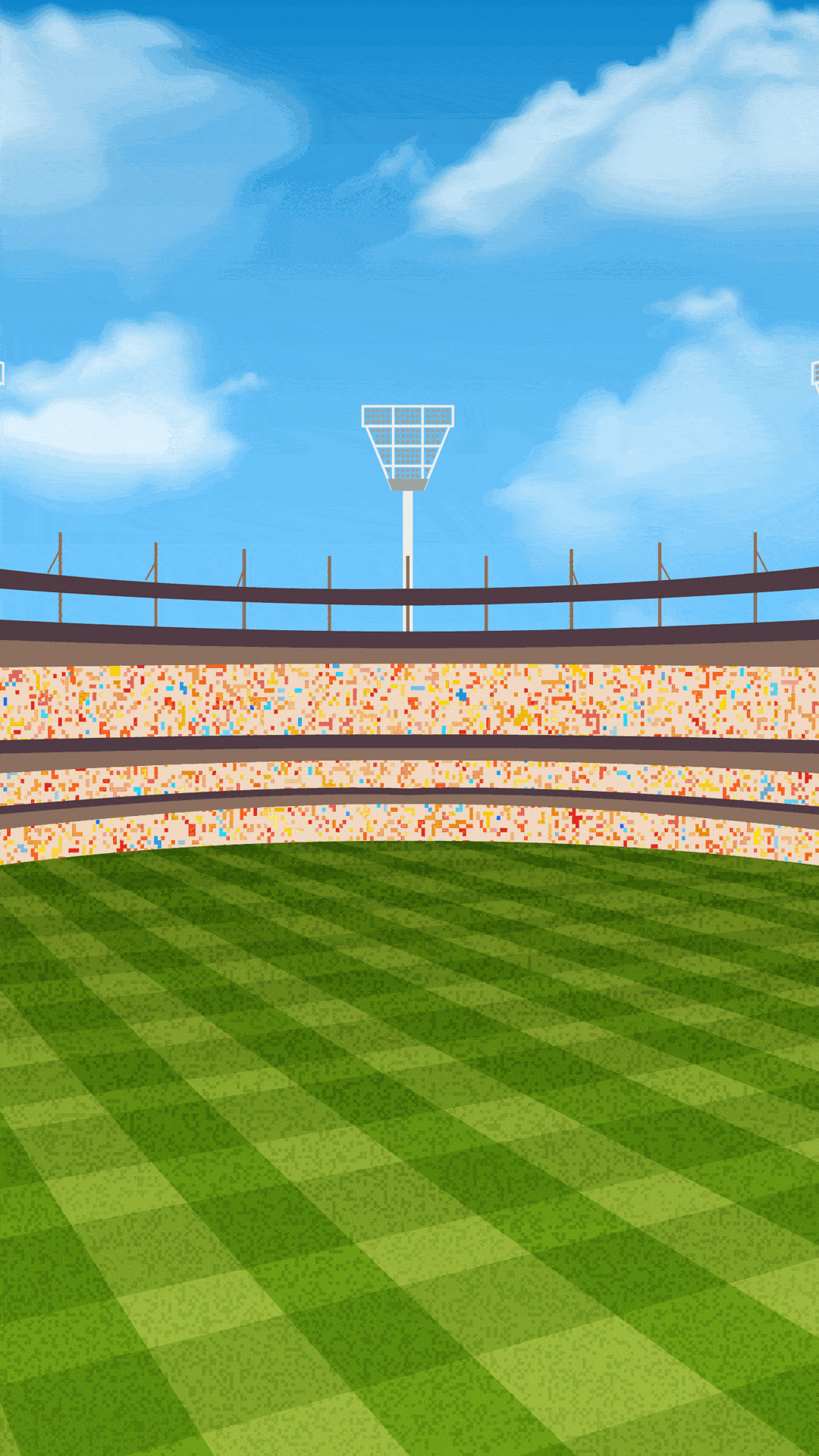Former Indian Hockey head coach Roelant Oltmans reckons lack of tactical awareness and non-existent club culture are two of the main factors behind the team’s early exit. India was stunned by New Zealand by 5-4 in the penalty shootout after a 3-3 draw in the pre-quarters.
India had begun the contest as favorites against the Blacksticks but they could not come up with a collective show. The Men in Blue gave the ball cheaply against the Kiwis and it led to their downfall in the tournament.
“There is no club culture in India, that is for sure. And the players need to continue playing games, that this team is lacking,” Oltmans, who coached the Indian team from 2015 to 2017, told PTI in an interview.
Oltmans feels the players should know how to take advantage of good opportunities during a crucial phase of the game.
“These Indians are fantastic hockey players, no doubt about that. But you need to know what to do at which moment of the game. If all of a sudden, you are 11 against 10, what are you going to do?” added the Dutchman.
“India had five minutes before the end of the match when a New Zealand player was out. What were India doing at such a moment? You need to play tactical games, execute them properly,” Oltmans, who was India head coach during the 2016 Rio Olympics, said.
“The Germans scored two goals in three minutes (against England), that is the difference, that is something India still need to work on.”
Meanwhile, India’s head coach Graham Reid called for a mental conditioning coach for the players to help them handle the pressure in the big moments of big matches. Oltmans echoed the same thoughts to bring in a mental coach.
“Absolutely, it (having a mental-conditioning coach) makes a difference. When I was the head coach prior to the (Rio) Olympics, I had a psychologist in my staff. It is more or less the same as having a mental-conditioning coach.
“For the physical part of the game, we have physical training, for tactical part of the game, we have tactical training, for skill training we have drag-flick trainers. But the mental aspect made a major difference and there we don’t have a serious trainer. That is strange,” said Oltmans.

























